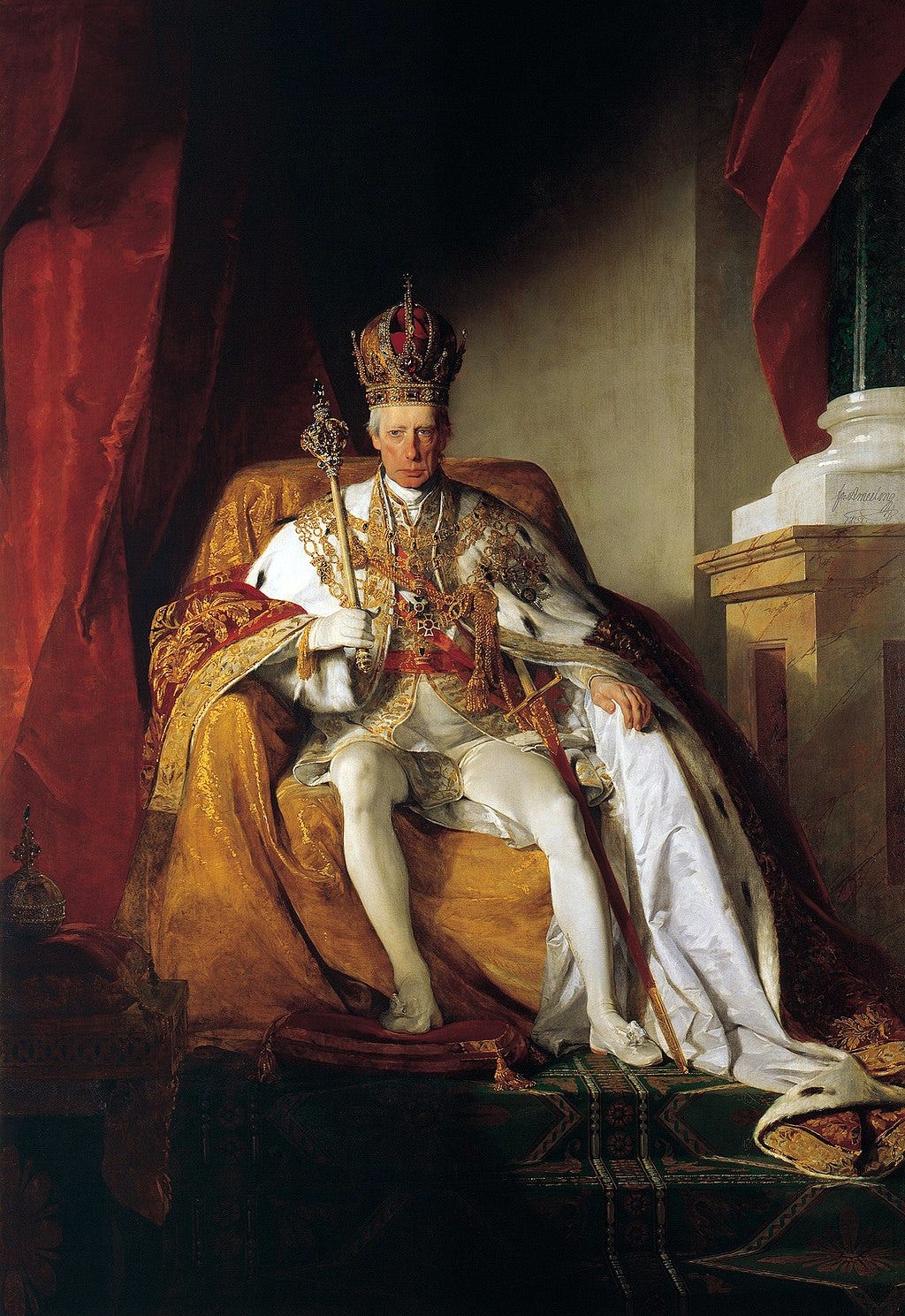Oswald Spengler: The Decline of the West
“What is truth? For the multitude, that which it continually reads and hears.” - Oswald Spengler
Oswald Spengler, born in Blankenburg, Germany, in 1880, was a notable historian and historical philosopher. He was a proponent of Prussian socialism and a powerfully influential figure in the German conservative revolution. He was educated in the classics at a gymnasium located in Halle, Germany and developed a propensity for the arts throughout his time there. In his formative years, Spengler was deeply impacted by the works of Goethe and Nietzsche and this influence is evident throughout his own writing. While a prominent figure in the German conservative revolution, he was also a vocal critic of the national socialism of the German Worker's Party and their inflammatory anti-Semitic sentiment.
Oswald Spengler believed that cultures were analogous to organisms made of cells, organs, stages of life, and finite life forces. He analyzed the course of various cultures ranging from the Western (Faustian), the Greco-Roman (the Apollonian), the Russian, and many others and identified common themes and the paths that these cultures charted throughout their respective histories. He identified the phases and stages of life that each culture grew through and used history's not repeating but rhyming nature to predict the path we would chart in our modern and post-modern world. Spengler gave us a dictionary of Spenglerian terms that informed many modern and post-modern historians. He established the polarity of culture vs. civilization and gave these terms deeper and more metaphysical connotations. Though controversial throughout his life, his philosophy and historical theories have influenced a broad body of academic works that inform the study of history even today.
Spengler predicted that by the year 2000, Western civilization will have arrived into a state of pre-collapse crisis. Western governments would be hedged up by powerful demagogues with autocratic authority and that the western world would by in large accept a period of “Caesarianism” before its ultimate collapse. Whether this prediction turns out to be true or not, is not necessarily the question at hand today.
In his seminal and most influential work, The Decline of the West (Der Untergang des Abendlandes), released in 1918 on the heels of the signing of the Treaty of Versailles, Spengler codifies his historical theories. He critiques the aspects of society that are undermining what he viewed as the twilight of Western civilization. Many of these critiques are as pertinent now as they were amid the German national shame and inflation-sparked recession that underscored the zeitgeist of Germany in Spengler's time. These same critiques can be accurately superimposed upon our society facing its own twilight or gradual decline. This essay, the beginning of a series on Spengler, will identify one of the key caustic elements of our society that we should seek to combat, and the pursuant essays will strive to offer a proposed solution.
“The press today is an army with carefully organized weapons, the journalists its officers, the readers its soldiers. The reader neither knows nor is supposed to know the purposes for which he is used and the role he is to play.” - Oswald Spengler
This sentiment, which is deeply connected to the quote at the beginning of the essay, pervades our declining society. The truth, or the message we should perceive as the truth, is impressed upon our society, and the masses receive whatever their bias inclines them towards. The inflammatory nature of all these forms of mass media is actively undermining the ability of our society to find common ground and engage in civil discussion. A society without the ability to find common ground lacks a unifying Telos or ultimate aim. This ultimate aim is important for the vitality of an individual and also the state. In this state, we are a ship with no destination, and with no destination, no wind is favorable.
Instead of calling us to rise to man's higher qualities, such as compassion and reason, mass media appeals to our basest and more savage instincts. It does this by inciting and perpetuating a rage that enables us to succumb piece by piece to our culture's inevitable dotage. The tragedy of this situation is that the multitude wrings their hands fruitlessly at the projection of shadows along our shared cave walls. We are sold lies and half-truths and sent out worldwide to proclaim and proselytize these falsehoods.
This is not unique to any side of the political spectrum and is not unique to our current time. For Spengler, this is but the late stage of civilization and one that is the destiny of all great cultures. What can be done to shore up the foundations of our society and see some form of renewal before we slip step by step into an ignominious end? How must we conduct ourselves as individuals in this late stage of our Western culture? The answer for this is not necessarily collective or societal but individual.
We look forward to exploring this and proposing answers to this question in next week's essay.


